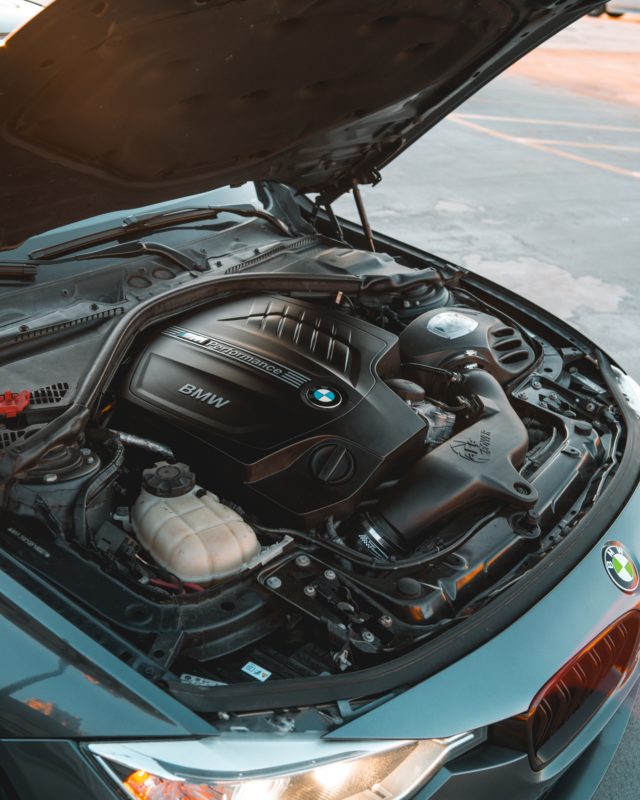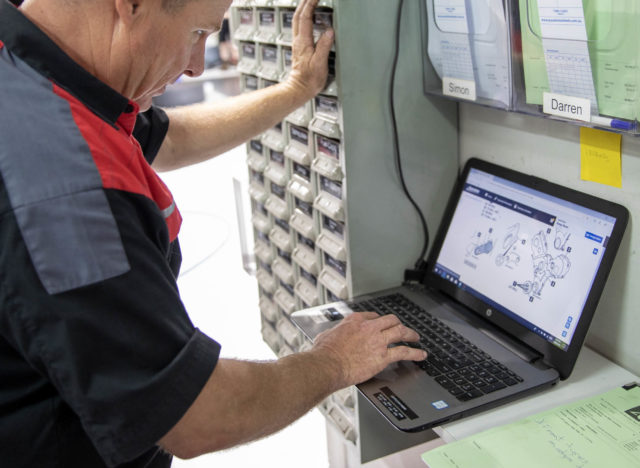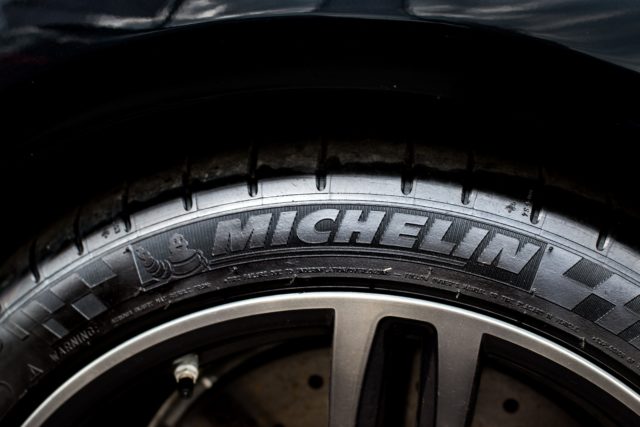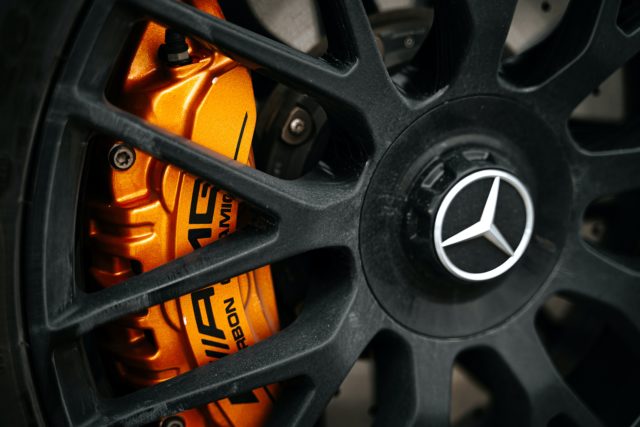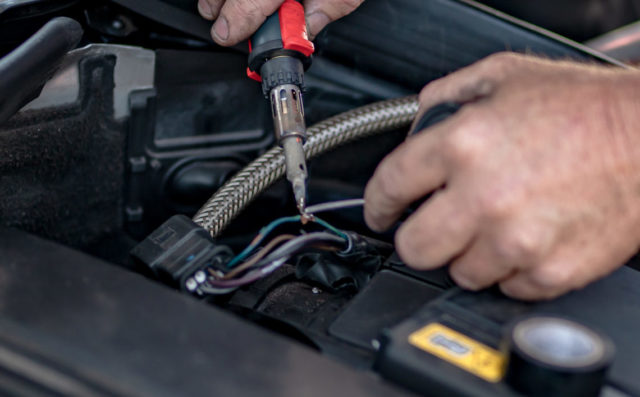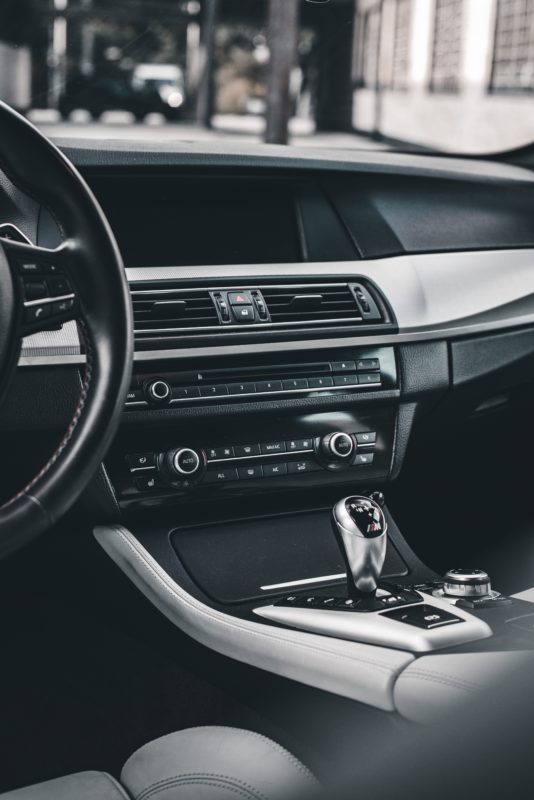
The Role of Advanced Diagnostics in Modern European Cars
Published
Modern European cars like BMW, Audi, Mercedes, Porsche, and Volkswagen are packed with cutting-edge technology, sensors, and computerised systems that enhance performance, safety, and efficiency. However, with greater complexity comes a greater need for advanced diagnostics to detect and resolve issues before they lead to costly repairs.
So, how do advanced diagnostics work, and why are they essential for European car owners? In short, modern diagnostic tools can read fault codes, detect hidden issues, and help prevent breakdowns, making them a key part of maintaining high-performance European vehicles.
Key Summary: Why Advanced Diagnostics Matter
- European cars have highly complex electronic systems – Diagnostics are needed to properly interpret fault codes and sensor data.
- Modern vehicles rely on advanced On-Board Diagnostics (OBD-II) – Brands like BMW, Audi, and Mercedes use manufacturer-specific software to detect and fix problems.
- Diagnostics can detect issues before they become serious – Engine misfires, transmission faults, and sensor failures can be caught early.
- Dealer-level tools provide the most accurate results – Specialised software offers deep insights.
- Regular diagnostic scans save money – Catching problems early reduces repair costs and prevents expensive breakdowns.
What Are Advanced Car Diagnostics?
Car diagnostics involves using specialised tools to scan a vehicle’s electronic systems, detecting fault codes, performance data, and hidden issues.
How It Works:
🚗 OBD-II Scanner – All modern cars (1996+) have an On-Board Diagnostics (OBD-II) system that stores fault codes when something goes wrong.
🚗 Manufacturer-Specific Software – Brands like BMW, Audi, Mercedes, Porsche, and Volkswagen have their own proprietary diagnostic tools for deeper analysis.
🚗 Live Data Monitoring – Mechanics can check real-time sensor data, like fuel pressure, airflow, and transmission performance.
🚗 AI-Driven Analysis – Some modern systems use machine learning to predict future failures.
Unlike a basic OBD scanner that reads generic fault codes, advanced diagnostics pinpoint exact problems and provide manufacturer-approved solutions.
Why European Cars Rely Heavily on Diagnostics
European vehicles, especially brands like BMW, Audi, Mercedes, Porsche, and Volkswagen, are renowned for their cutting-edge technology. Over the years, these manufacturers have integrated increasingly advanced systems and software, making modern diagnostics essential to maintain performance, efficiency, and safety.
Advanced Electronic Control Units (ECUs)
From engine management to infotainment, today’s European cars use multiple complex ECUs that communicate seamlessly with one another. Pinpointing faults within these interconnected networks requires specialised diagnostic equipment and expertise.
Complex Drivetrains
- BMW: Modern models employ sophisticated engine management and active suspension setups, with sensors monitoring everything from airflow to chassis dynamics.
- Audi & Volkswagen: Both utilise direct-shift gearboxes (DSGs) and turbocharged engines. Coupled with quattro (Audi) and 4MOTION (VW) AWD systems, precise diagnostic data is crucial for optimal performance.
- Mercedes-Benz: Cutting-edge features like AIRMATIC air suspension, advanced driver assistance technology (e.g., DISTRONIC, active lane assist), and the latest MBUX infotainment require expert-level scanning and software updates.
- Porsche: From the lightning-fast PDK transmissions to sophisticated aerodynamics and active suspension management, Porsche’s performance pedigree hinges on real-time data analysis.
Software and Coding Updates
Beyond mechanical issues, modern European vehicles often need software patches and coding tweaks to maintain peak functionality, especially when new features or system upgrades are released. Incorrect or outdated software can trigger fault codes, hamper performance, or limit advanced safety features.
Enhanced Safety and Comfort
Adaptive cruise control, lane-keeping assists, and collision avoidance systems all rely on a network of sensors and cameras. A specialised diagnostic approach ensures these technologies remain calibrated and fully functional, keeping occupants safe.
With such complex systems, guesswork isn’t an option; accurate diagnostics are essential for identifying hidden faults before they cause performance issues.
Common Issues Detected by Advanced Diagnostics
European cars incorporate sophisticated systems and numerous sensors to ensure top performance. However, not every fault triggers a warning light, so regular diagnostic checks are essential.
Engine & Performance Issues
- Check Engine Light: Can signal anything from minor sensor discrepancies to failing ignition coils or injectors.
- Turbocharger Problems: Modern forced induction setups rely on precise software and sensor inputs; even minor faults can affect power delivery and efficiency.
- Misfires & Fuel Delivery: Carbon buildup or worn components (spark plugs, coil packs) can lead to stuttering and reduced performance.
Transmission Faults
- BMW ZF 8-Speed & Audi DSG: These high-tech units require correct fluid levels, software calibrations, and sensor alignment. Rough shifting or delayed engagement often points to underlying electronic issues.
- Mercedes-Benz Gearbox Software: Whether it’s 7G-Tronic or 9G-Tronic, software updates and proper sensor feedback ensure smooth gear changes and reliability.
Electrical & Sensor Failures
- Key Sensors (MAF, O2, etc.): Malfunctions can reduce power or fuel economy without immediately illuminating the dashboard.
- Safety & Driver Assistance Systems: ABS, traction control, and ESP rely on intricate sensor networks. Misreads or malfunctions compromise handling and safety.
- Infotainment Glitches: BMW iDrive, Audi MMI, and other systems can develop software bugs or connectivity errors, requiring specialist diagnostic tools.
Brake & Suspension Faults
- Adaptive/Active Suspensions: Systems like Mercedes AIRMATIC and BMW Adaptive M Suspension feature real-time monitoring for ride height, damping, and firmness. Early diagnostics help catch leaks or sensor faults.
The Benefits of EARLY INTERVENTION
🚗 Early Problem Detection – Fix small issues before they turn into expensive repairs.
🚗 Improved Performance – Ensures optimal engine efficiency, fuel economy, and smooth shifting.
🚗 Enhanced Safety – Detects brake, suspension, and traction control faults.
🚗 Saves Time & Money – Avoids unnecessary repairs and reduces labour costs.
When to Get a Diagnostic Check
Signs You Need a Diagnostic Scan:
- Check Engine Light or other warning lights appear.
- Rough idling, loss of power, or poor fuel efficiency.
- Unusual noises from the engine, transmission, or brakes.
- Car hesitates, shifts hard, or feels sluggish.
- After installing new parts (to reset sensors and adaptations).
FAQ: European Car Diagnostics
Can I use a basic OBD scanner on my BMW or Audi?
- A basic scanner can read some fault codes, but it won’t provide full diagnostics or reset advanced systems. These scanners are known to report generic faults that do not pinpoint the fault. Or waste time due to the inaccuracies of the output from the scanner.
How often should I get a diagnostic scan?
- Whenever a fault light appears, or the vehicle isn't performing as well as it should
A
Will a diagnostic scan fix the problem?
- A scan identifies the issue, but repairs and recalibrations may be needed depending on the fault codes.
Conclusion: Why Diagnostics Are Essential for European Cars
Modern BMW, Audi, Mercedes, Porsche, and Volkswagen vehicles rely on advanced electronic systems, therefore it’s essential to schedule a diagnostic inspection with a specialist whose in-depth knowledge supports the intricacies and complexity unique to your vehicle. By detecting issues early, you can avoid costly repairs and keep your European car performing at its best.
At Accelerate Automotive, we use dealer-level diagnostic tools to ensure accurate, professional servicing for your vehicle. Whether it’s a check engine light, transmission issue, or software update, our team has you covered.
📅 Book a diagnostic scan today to keep your European car in peak condition!
This guide is written by Accelerate Auto, a specialist in European car maintenance and diagnostics.

